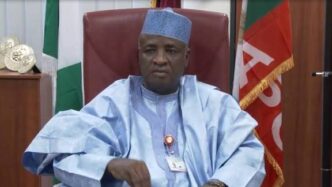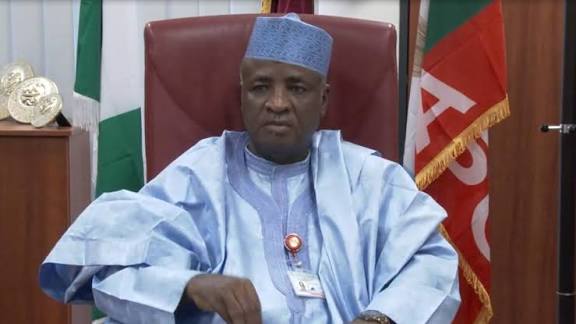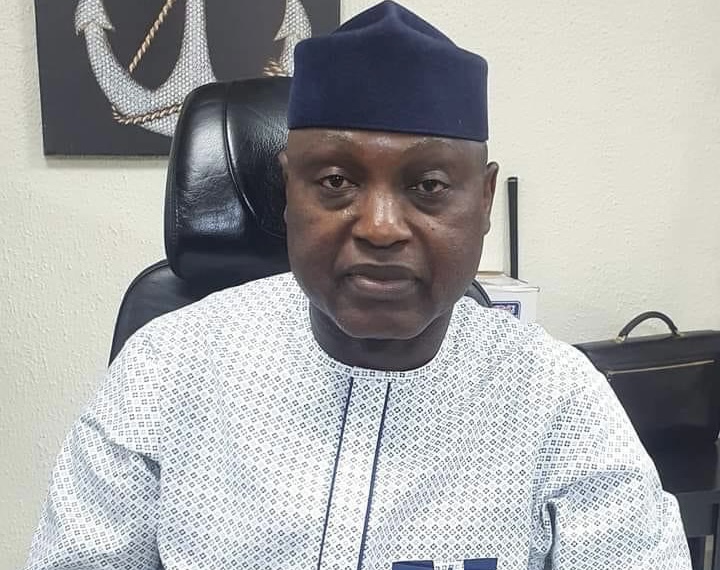The Speaker of the House of Representatives, Abbas Tajudeen, has declared that the House fully supports President Bola Tinubu’s borrowing plans, describing them as crucial for financing infrastructure, stimulating growth, and protecting vulnerable populations.
Gatekeepers News reports that speaking at the 8th Annual African Network of Parliamentary Budget Offices (AN-PBO) Conference in Abuja on Monday, Abbas clarified that reports suggesting the House was against the administration’s borrowing strategy were “misleading.”
“Recently, a speech delivered by the House leader at the West Africa Parliamentary Conference was horrendously and mischievously reported out of context, creating the false impression that the House of Representatives does not support the borrowing strategy of President Tinubu’s administration. We should state clearly that this interpretation is both inaccurate and misleading,” he said.
The Speaker explained that the legislature backs responsible and targeted borrowing in line with Nigeria’s medium-term debt strategy and global best practices.
“Strategic and responsible borrowing is an essential fiscal tool. Like every modern economy, Nigeria must sometimes leverage credit to finance critical infrastructure, stimulate growth, and protect vulnerable populations. What is important, and what the President has assured, is that all borrowings remain targeted, transparent, and sustainable,” Abbas said.
He added that under Tinubu’s leadership, loans are being channeled into transformative projects in power, transport, and agriculture to expand revenue-generating capacity, not for consumption.
The Speaker also stressed the importance of parliamentary oversight to ensure accountability in debt management, warning that Nigeria loses about $18 billion annually—roughly 3.8 percent of its GDP—to financial crimes.
At the continental level, he noted that Africa loses more than $587 billion each year to corruption, illicit financial flows, and inefficiencies.
“Africa is at a crucial crossroads, with a population of 1.4 billion people—roughly one-sixth of humanity. Nigeria, as Africa’s most populous nation, with over 200 million people and a GDP of around $477 billion in 2022, carries a special responsibility in this African story,” Abbas said.
He highlighted the challenge of youth unemployment, noting that 12 million young Africans enter the labour market yearly, but only 3 million jobs are created.
The conference, hosted by the National Assembly and the National Assembly Budget and Research Office (NABRO), focused on the role of parliamentary budget offices in advancing the African Union’s Agenda 2063.
Chairperson of AN-PBO, Professor Dumisani Jantjies, commended Nigeria’s recent macroeconomic reforms, which pushed growth to 3.4 percent in 2024, the highest in a decade. However, he cautioned that inflation and poverty remain major concerns.
“Our mandate is to provide legislatures with credible, non-partisan, evidence-based analysis to enable informed fiscal decisions,” Jantjies said.










